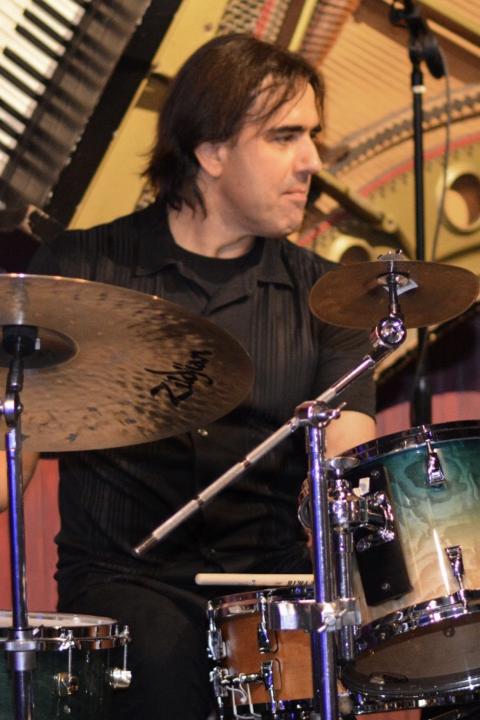
Image by José Roberto Assis
Alberto Netto
For media inquiries, please contact Media Relations
Alberto Netto is a highly sought-after clinician and educator who travels around the world to hold drum and percussion clinics for the biggest names in the industry, including Yamaha drums, Zildjian cymbals, Evans drumheads, and Vic Firth sticks. Videos of his lessons and clinics have been viewed by hundreds of thousands of people on YouTube and drum educational websites. Netto also published the instructional book and CD Brazilian Rhythms for Drum Set and Percussion, which has been a top seller in the US, Europe, and Japan, and praised as a “gem of a book” by Modern Drummer magazine, the world’s number one drum magazine. He is the owner, producer, and engineer of Artdrums Recording Studios and the founder of Brazilian Drum Academy, an instructional website.
- Drummer, percussionist, author, and composer
- Performances, clinics, and recordings with David Costa Pianista, Chico Gomes and Grupo Quartzo, Aaron Scott, Claudio Roditi, Hermeto Pascoal, Aaron Goldberg, Alain Mallet, Alberto Netto Trio/Quartet
- First solo album, Nova Setembro, recorded in 1997
- Author of Brazilian Rhythms for Drum Set and Percussion (Berklee Press)
- Clinician for Yamaha drums, Zildjian cymbals, Evans drumheads, and Vic Firth sticks
- Owner/producer/engineer at Artdrums Recording Studios
